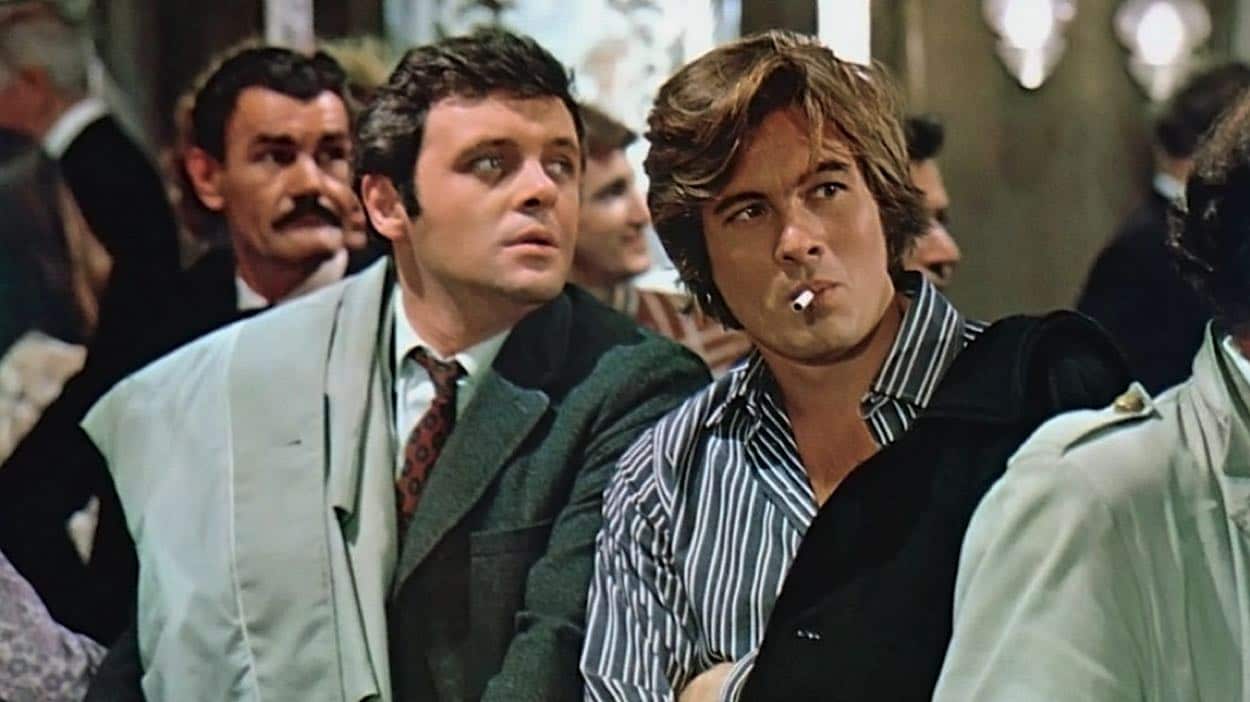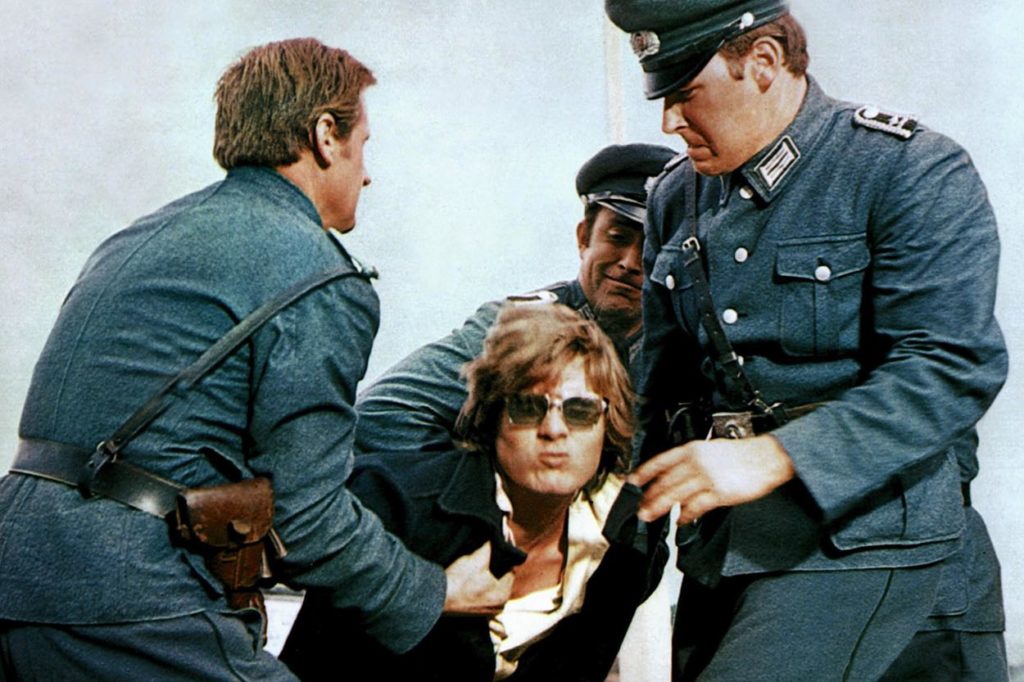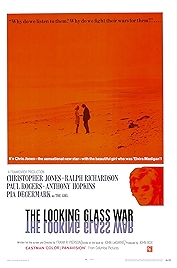The third of John Le Carré’s spy thrillers to be adapted for the big screen, 1970’s The Looking Glass War is an odd and pretty much entirely unsuccessful spy thriller that’s taken a big conceptual decision only for it not to pay off at all.
The first two adaptations were the big success The Spy Who Came In from the Cold (Richard Burton starred) and the underrated The Deadly Game (a reworking of Le Carré’s novel Call for the Dead, with James Mason as a version of George Smiley).
There’s no sign of Smiley here, though he was in this film’s original novel. That said, there is some justification for removing him since the action didn’t centre on him or his chaps at the “Circus”.
Plotwise, it’s a simple one. The Soviets are up to something behind the Iron Curtain, a new missile, maybe, and London wants to know what’s going on. So they recruit a German-speaking Polish would-be defector to go behind enemy lines and report back. And that’s what he does.
A lavishly made, good-looking film is what we get as a result, shot in the UK and “Europe” (as the credits coyly tell us, hoping we’ll mistake Spain for somewhere in the Eastern bloc) in the last days of US-financed films being made in the UK before the plug was pulled in the early 1970s.
It’s a great cast – Ralph Richardson and Anthony Hopkins most notably, but full of quality names, like Anna Massey, Timothy West and Ray McAnally. Hopkins fans might be surprised at how massively underused he is. True, this was only his fourth feature film, but he was hot off The Lion in Winter and you’d have expected more than a flunkey role, which is pretty much all he’s been thrown here.
Carrying the film is Christopher Jones, a handsome leading man who was having his flash in the pan when he got cast as the lead, Preiser, the defector-turned-rookie-agent. A couple of years on from Bonnie and Clyde – the film that shook up old Hollywood – it’s obvious that the producers have decided to gamble all on Preiser’s long hair and snake hips and go for the youth vote. Jones gets top billing, the likes of Richardson and Hopkins hold his coat and John Le Carré is largely left out in the cold.
Sure, there are still glimpses to be had of Le Carré. Spying isn’t glamorous, it’s bureaucratic, a case of protocols and following the rules. There is spycraft and it’s of a very practical Le Carré-ish sort – messages hidden in toothpaste tubes, the correct way to disable a tripwire etc. No James Bond stuff.
That said, the understanding here seems to be that Preiser could eventually become a James Bond, that’s the way the whole movie tilts. He’s a master of several languages, resourceful, handy in a fight and insanely attractive to women. Look at the way the two women in his thrall are credited – Pia Degermark is The Girl, Susan George is simply The Girl in London (a year later she’d be starring in Straw Dogs with Dustin Hoffman).
It’s easy to blame Jones for the film’s shortcomings and he wasn’t the easiest to work with, apparenty, Hopkins in particular having complained about his attitude preceding his talent. But it’s the writing of Preiser’s character that makes no sense. Didn’t British spying have an agent who could speak German? Wasn’t there a spy of theirs over there already? They’re only asking Preiser to confirm that it’s a rocket, after all. And isn’t someone in hipster shades and with boutique Warren Beatty/Scott Walker hair going to stand out in concrete-grey Eastern Bloc Europe?
Where’s the jeopardy, where’s the intrigue? Having gutted the novel and repurposed it as a lure, using a countercultural (to studio suits, anyway) himbo as its bait, there’s not much actual meat left, which forces director Frank Pierson into some obvious time-wasting manoeuvres. Scenes that are too long. Tracking shots of vehicles crossing the countryside. And so on.
The foolishness of the decision to repurpose Le Carré this way becomes most obvious in the final scenes, where old-school perfidy and the dangerous aloofness of British spymasters re-assert themselves and, whaddya know, the film crackles into life before flopping into the arms of the end credits.
In sum, nicely made, well cast, but a bizarre film. Blame the screenplay writer (Pierson) if you must but really this goes all the way to the top. A John Le Carré spy thriller with nearly all of the Le Carré removed, it makes no sense. It would be almost another 15 years before Le Carré and the movies would meet again, in 1984’s The Little Drummer Girl. But that’s another story.
The Looking Glass War – watch it/buy it at Amazon
I am an Amazon affiliate
© Steve Morrissey 2021


